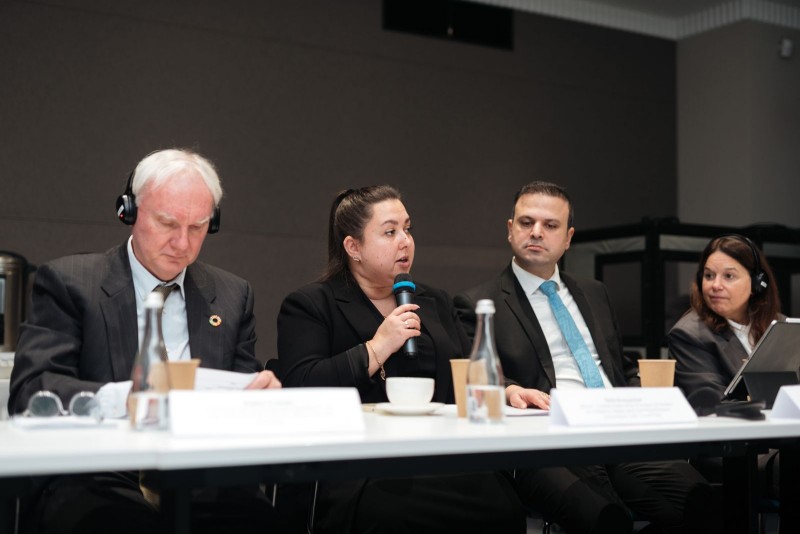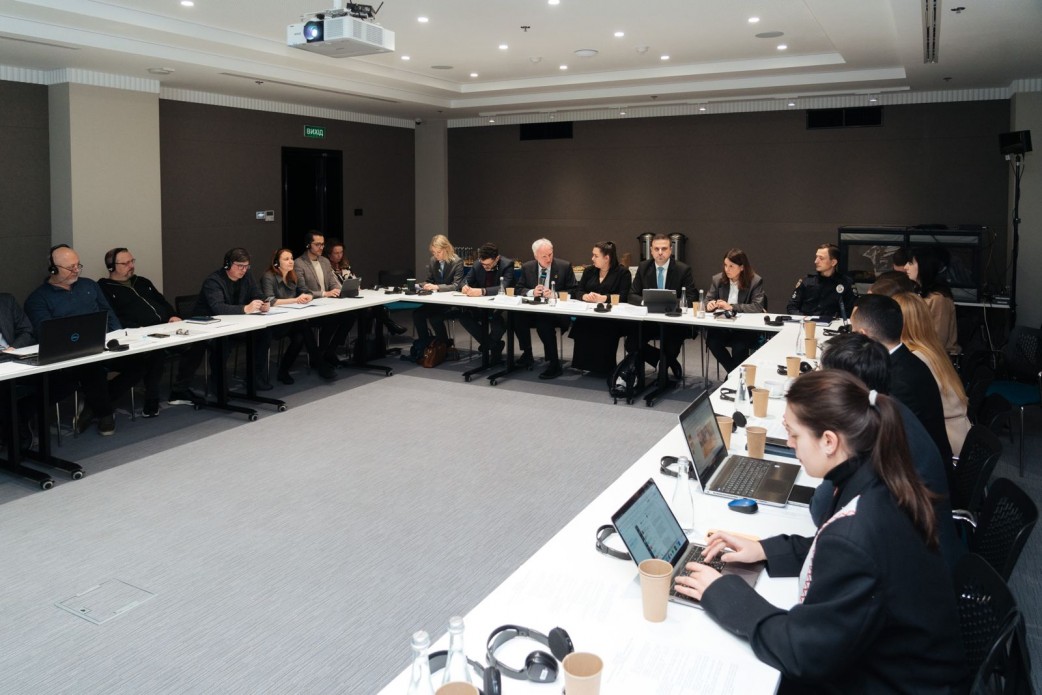A joint meeting of the Interagency Working Group on Children and Armed Conflict and the UN Task Force on Monitoring and Reporting was held in Kyiv to discuss gross violations of children's rights during the full-scale Russian aggression. The event was held under the initiative of the President of Ukraine Bring Kids Back UA and the CAAC (Children and Armed Conflict) mechanism in Ukraine.
During the meeting, updated data on gross violations of children's rights were presented. This year, children in the Kharkiv, Donetsk and Dnipro regions have been the most affected by the Russian aggression against Ukraine. It was also in these regions that educational institutions suffered the most damage. Special attention was paid to the crimes of the Russian Federation in the temporarily occupied territories.

Daria Herasymchuk, Advisor – Presidential Commissioner for Children's Rights and Child Rehabilitation, emphasized that Ukrainian children in the temporarily occupied territories lack access to quality education and basic necessities.
“It is essential that all these crimes are documented, verified and confirmed in order to bring the perpetrators to justice. At the same time, we are committed to sharing our experience in child protection so that no child in the world suffers as much as Ukrainian children do,” she said.
Matthias Schmale, UN Resident and Humanitarian Coordinator, noted that Ukraine's work as part of the joint preventive plan of the Ukrainian Government and the UN Task Force on Monitoring and Reporting is an example for many countries.
The participants of the meeting stressed the importance of documenting all cases of gross violations against children to hold Russia accountable. Particular attention was paid to the reintegration mechanisms for children and the implementation of programs to prevent similar crimes against children in the future.
“We value our close cooperation with the Interagency Working Group on Children and Armed Conflict to strengthen support for preventing grave violations and protecting children in Ukraine,” UNICEF Representative Munir Mammadzade concluded.




